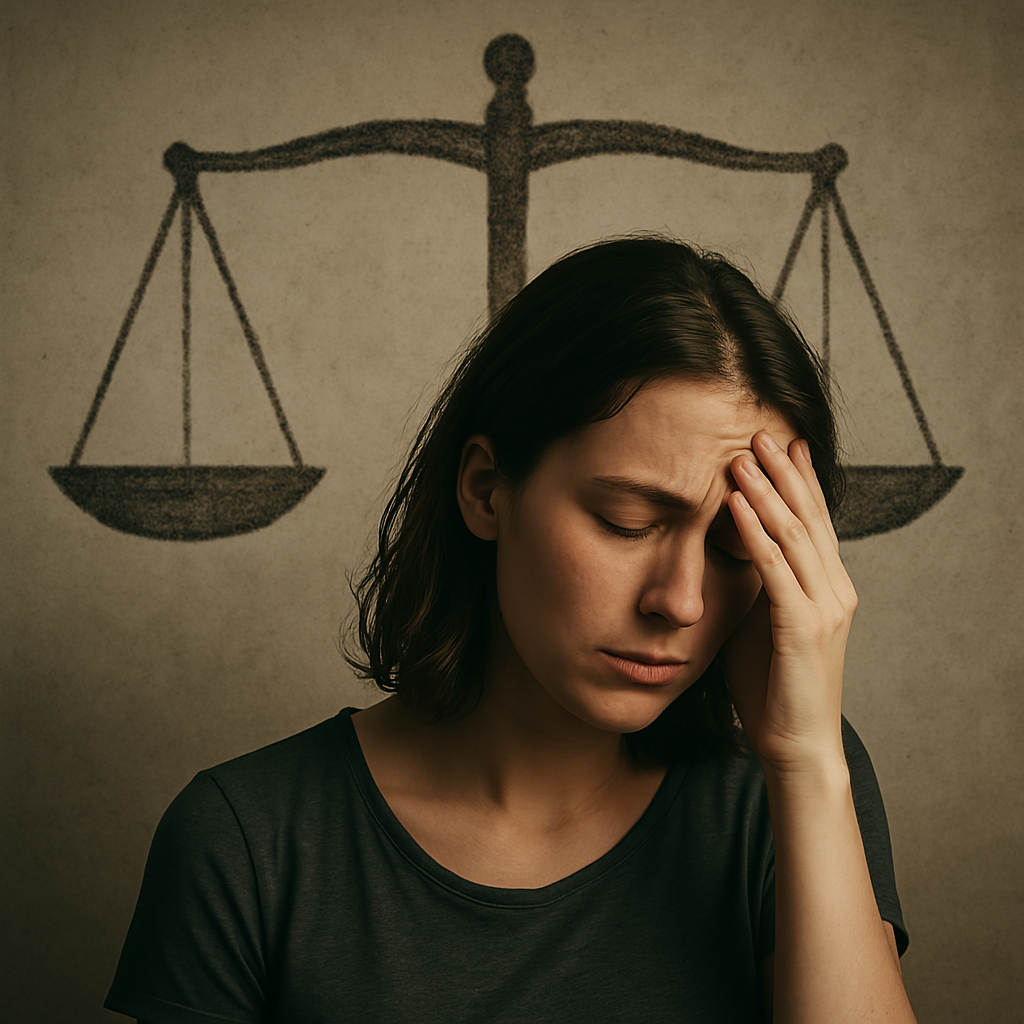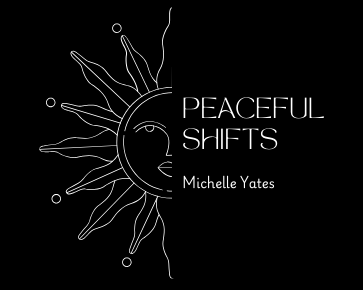
Injustice on a personal level carries a deeply emotional and individualized weight, often leaving one to grapple with feelings of hurt, betrayal, and isolation. Addressing personal injustice requires a journey of introspection and emotional resilience, where the focus shifts from understanding broader societal structures to healing the wounds inflicted on oneself. Here we explore the multifaceted approaches one can take to deal with personal injustice, emphasizing internal reflection, emotional self-care, and the gradual process of reclaiming one’s sense of identity and dignity.
Personal injustice is often experienced in intimate settings—within relationships, workplaces, or communities—where the betrayal or mistreatment feels uniquely directed at the individual. The first step in healing from such injustice is to acknowledge and validate the pain. It is essential to give oneself permission to feel the full range of emotions, recognizing that anger, sadness, and even confusion are natural responses to the violation of one’s personal boundaries or values. This initial phase of emotional acknowledgment sets the stage for deeper self-exploration and recovery, as it allows the individual to confront the reality of the situation without the added pressure of external judgments or comparisons.
Following this acknowledgment, self-reflection becomes a crucial component of the healing process. Taking time to examine one’s own perceptions and expectations can reveal how personal history, self-esteem, and past experiences may color the interpretation of the injustice. This introspection is not about assigning blame to oneself but about understanding the complex interplay of emotions and beliefs that contribute to the experience of being wronged. Engaging in reflective practices, such as journaling or meditation, can provide a safe space for this exploration, ultimately paving the way for growth and self-improvement. The goal is to transform the experience of injustice into an opportunity for personal development, learning more about one’s strengths, vulnerabilities, and capacity for resilience.
In many cases, personal injustice challenges one’s trust in relationships and in the integrity of those around us. Rebuilding this trust is a delicate process that often involves setting clear boundaries and redefining expectations in future interactions. Forgiveness, when it is an authentic and willing choice, can be a powerful tool in this process, not necessarily as a means of condoning the wrongful behavior but as a way to release the emotional burden that hinders one’s progress. Forgiveness may take time, and it is not a linear process; it requires honest communication, both with oneself and with others if appropriate. For some, seeking the counsel of a trusted friend, mentor, or mental health professional can provide the external perspective and support needed to navigate these turbulent emotions.
Furthermore, the journey toward healing from personal injustice often involves cultivating a renewed sense of self-compassion and self-care. This may include engaging in activities that nurture the mind, body, and spirit—ranging from creative expression and physical exercise to seeking solace in nature or the arts. By dedicating time to self-care, individuals not only rebuild their inner strength but also create a buffer against future transgressions. This practice underscores the importance of prioritizing one’s well-being, reaffirming that self-worth is independent of the actions of others, and that personal integrity remains intact even in the face of betrayal or mistreatment.
It is also important to consider the value of professional support in overcoming personal injustice. Therapy or counseling can serve as a critical resource, offering structured guidance and validation as one works through feelings of injustice and loss. A trained professional can help in untangling the emotional complexities involved, providing strategies to cope with stress, rebuild trust, and ultimately, to foster a renewed sense of hope. The therapeutic process reinforces the idea that while personal injustice can be profoundly destabilizing, it does not define the entirety of one’s identity or future potential for happiness.
Ultimately, addressing personal injustice is a deeply individual process that calls for both vulnerability and strength. It involves an honest confrontation with the pain inflicted, followed by a commitment to self-exploration and healing. By acknowledging the hurt, reflecting on one’s own experiences, and taking deliberate steps toward self-care and renewal, individuals can reclaim their personal power and rebuild their lives on a foundation of resilience and authenticity. While the scars of personal injustice may linger, they also serve as reminders of the capacity for growth and transformation inherent in every human experience.
Michelle Yates 3/31/2025
Discover more from Peaceful Shifts
Subscribe to get the latest posts sent to your email.

It’s a shame you don’t have a donate button! I’d most certainly donate to this superb blog! I guess for now i’ll settle for book-marking and adding your RSS feed to my Google account. I look forward to fresh updates and will share this website with my Facebook group. Chat soon!